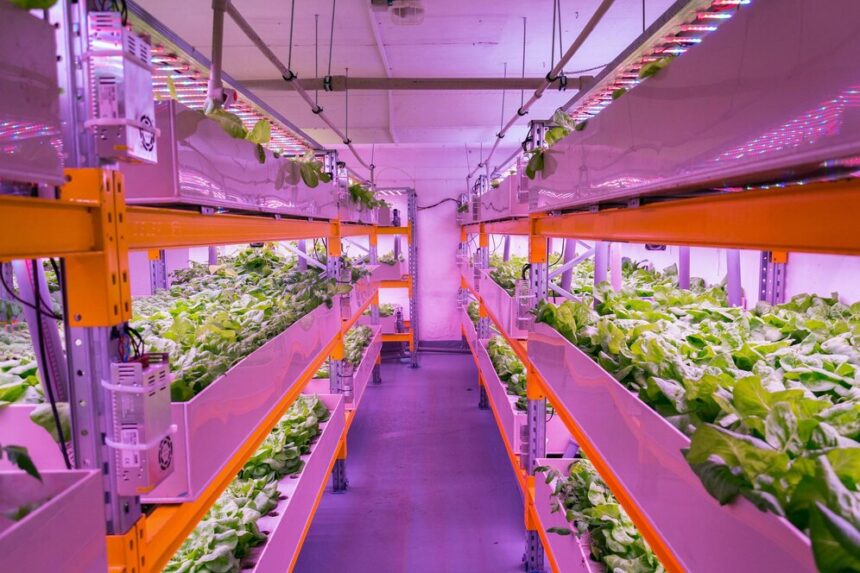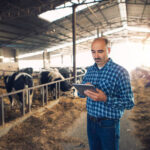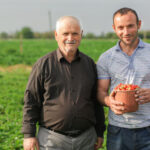As South Africa continues to urbanise rapidly, pressure is mounting on food systems to meet the nutritional needs of growing city populations. With limited land, water scarcity, and rising food prices, traditional agriculture is struggling to keep up. Enter vertical farming — a modern, space-saving solution offering a promising future for sustainable food production in South Africa’s urban centres.
What Is Vertical Farming?
Vertical farming is a method of growing crops in stacked layers, often using hydroponic, aeroponic, or aquaponic systems. It relies on controlled indoor environments and artificial lighting to optimise plant growth. Unlike conventional farming, vertical farms can be set up in warehouses, shipping containers, or even on rooftops, making them ideal for dense urban settings.
Why Vertical Farming Makes Sense in Urban South Africa
1. Maximising Limited Space
Major South African cities like Johannesburg, Cape Town, and Durban face a shortage of arable land within city boundaries. Vertical farming allows for high-yield crop production in compact spaces, enabling farmers to grow fresh produce closer to consumers.
2. Combating Water Scarcity
South Africa is a water-scarce country, making traditional agriculture risky and resource-intensive. Vertical farms typically use up to 95% less water than soil-based farming thanks to recirculating systems. This makes them particularly appealing in drought-prone urban regions such as the Western Cape.
3. Boosting Food Security
Urban food insecurity remains a pressing issue. By bringing food production into city centres, vertical farming reduces reliance on long and costly supply chains. It enables communities to access fresh, pesticide-free vegetables year-round — even in informal settlements and inner-city areas.
4. Creating New Jobs and Skills
Vertical farming opens up job opportunities in urban areas, especially for youth and tech-savvy entrepreneurs. From farm technicians and system designers to data analysts and agronomists, the sector promotes a new generation of green, tech-driven employment.
5. Supporting Climate-Resilient Agriculture
With climate change threatening traditional crop yields, vertical farming offers a stable, controlled environment for consistent food production. No dependency on weather conditions means less crop failure and better planning for food supply.
Business Opportunities and Investment Potential
The vertical farming industry in South Africa is still in its early stages, which presents significant room for growth. Startups and agri-tech companies are emerging to fill the gap, offering innovative solutions tailored to local challenges. Some of the most promising business opportunities include:
- Modular farming systems for homes, restaurants, and schools
- Urban farming cooperatives in low-income communities
- Technology development for climate control, LED lighting, and nutrient delivery
- Agricultural training centres focused on vertical farming skills
- Fresh produce distribution hubs supplying supermarkets and restaurants
Government support and private investment are crucial to scaling up vertical farming operations. With proper policy backing, this sector could transform the way cities think about food.
Success Stories in South Africa
Several pilot projects and small-scale ventures have already demonstrated the viability of vertical farming in South Africa. In Cape Town, container-based farms have been deployed in townships to provide food and education. Johannesburg has seen rooftop farms supplying herbs and leafy greens to local markets. These examples showcase how vertical farming can be both economically and socially impactful.
Challenges to Overcome
While vertical farming offers exciting opportunities, it also faces challenges:
- High startup costs for equipment and energy
- Limited access to financing for small businesses and entrepreneurs
- Need for technical expertise in operating and maintaining systems
- Electricity reliability, especially during load shedding
Addressing these hurdles will require partnerships between government, private investors, non-profits, and educational institutions.
The Future of Urban Agriculture in SA
As South Africa moves towards smarter cities and more sustainable living, vertical farming could become a cornerstone of urban food systems. It aligns with national goals of job creation, environmental resilience, and food security. By investing in vertical farming now, South Africa can lead the continent in reimagining agriculture for the 21st century.







